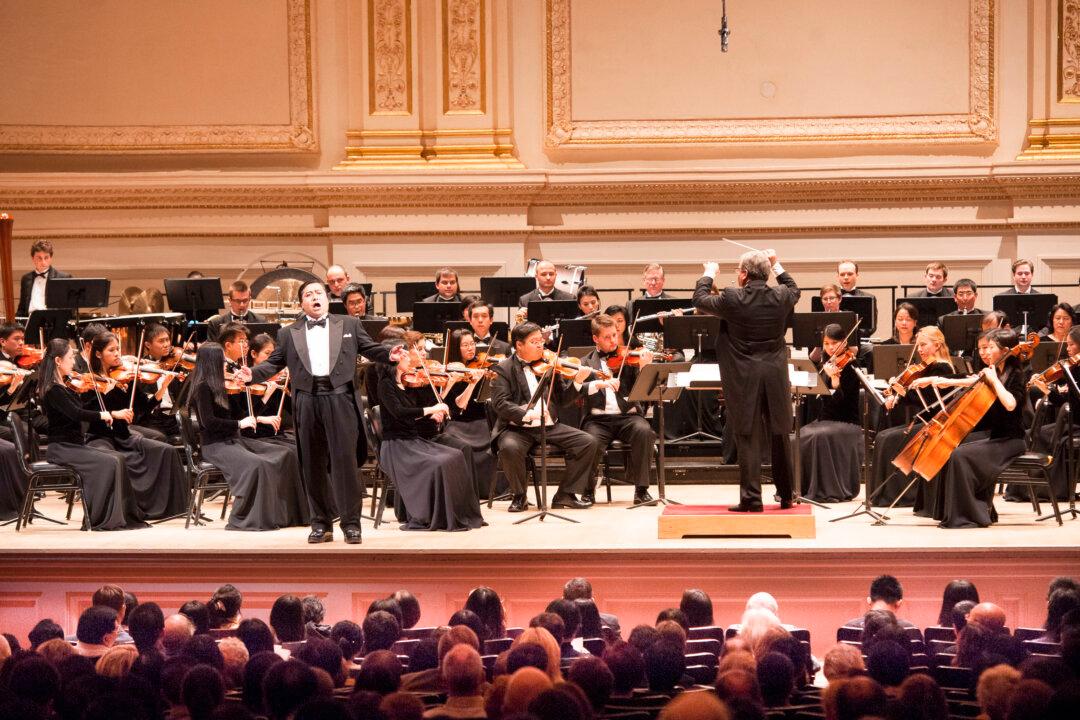The type of music that Americans listen to may say a lot about their bank account. The richest millennials in the United States listen to classical music, according to the findings of a TD Ameritrade survey released this month.
About 1,500 participants were asked about their preferences among a range of musical genres that included classical, electronic, rap, hard rock, 80s/90s, pop/top 40, and country.





